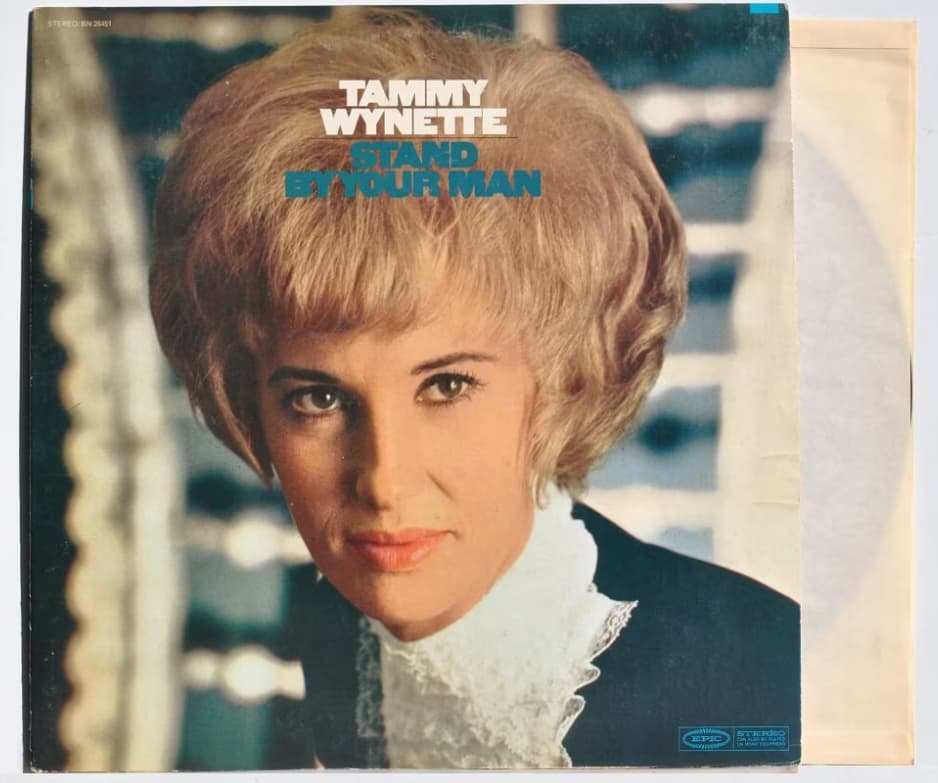
Tammy Wynette’s “Stand by Your Man”: An Anthem of Devotion and Controversy
Tammy Wynette’s “Stand by Your Man” is a song that has transcended its origins in country music to become a cultural touchstone. Released on September 20, 1968, as the lead single and title track from her album of the same name, this song quickly rose to the top of the charts, spending three weeks at number 1 on the U.S. country charts and even crossing over to peak at number 19 on the U.S. pop charts. Not just a commercial success, “Stand by Your Man” became Wynette’s signature song, solidifying her status as a country music superstar and earning her the 1970 Grammy Award for Best Country Vocal Performance, Female.
Co-written by Wynette and producer Billy Sherrill, “Stand by Your Man” is a powerful ballad that resonates with the themes of loyalty, love, and sacrifice. The song’s lyrics suggest that a woman should stand by her partner, even during tough times, an idea that sparked both widespread admiration and considerable controversy. For many, the song was a heartfelt anthem that spoke to the challenges of marital life, particularly for women in the working class who were navigating the complexities of changing gender roles in the late 1960s.
However, not everyone viewed the song in such a positive light. As the women’s liberation movement gained momentum during the late 1960s and early 1970s, “Stand by Your Man” was criticized by feminist groups who saw it as an endorsement of traditional gender roles and a message that women should endure mistreatment for the sake of their marriages. Wynette herself was somewhat perplexed by the backlash, stating that she had not intended to make any political statement with the song. Her intention was simply to write about the emotions and experiences that many women, including herself, were going through at the time.
Despite the controversy, “Stand by Your Man” remained incredibly popular and has been covered by numerous artists over the years, including a notable rendition by country music star Carrie Underwood at the Grand Ole Opry in 2008. The song has also been featured in various films and television shows, underscoring its lasting impact on American culture. From its appearance in Jack Nicholson’s 1970 film Five Easy Pieces to its ironic inclusion in the 2000 single “Goodbye Earl” by The Chicks, the song continues to resonate with audiences across generations.
In 2010, the Library of Congress recognized the cultural significance of “Stand by Your Man” by selecting it for inclusion in the National Recording Registry. This honor is reserved for recordings that are deemed “culturally, historically, or aesthetically significant,” a testament to the enduring legacy of Tammy Wynette’s most famous work. In 2021, Rolling Stone further cemented the song’s place in history by ranking it at No. 473 on their list of the “Top 500 Songs of All Time.”
“Stand by Your Man” is more than just a song; it is a reflection of the times in which it was created and a symbol of the complex emotions that come with love and commitment. Whether you see it as a heartfelt tribute to devotion or a controversial relic of a bygone era, there’s no denying that Tammy Wynette’s “Stand by Your Man” remains one of the most iconic songs in the history of country music.